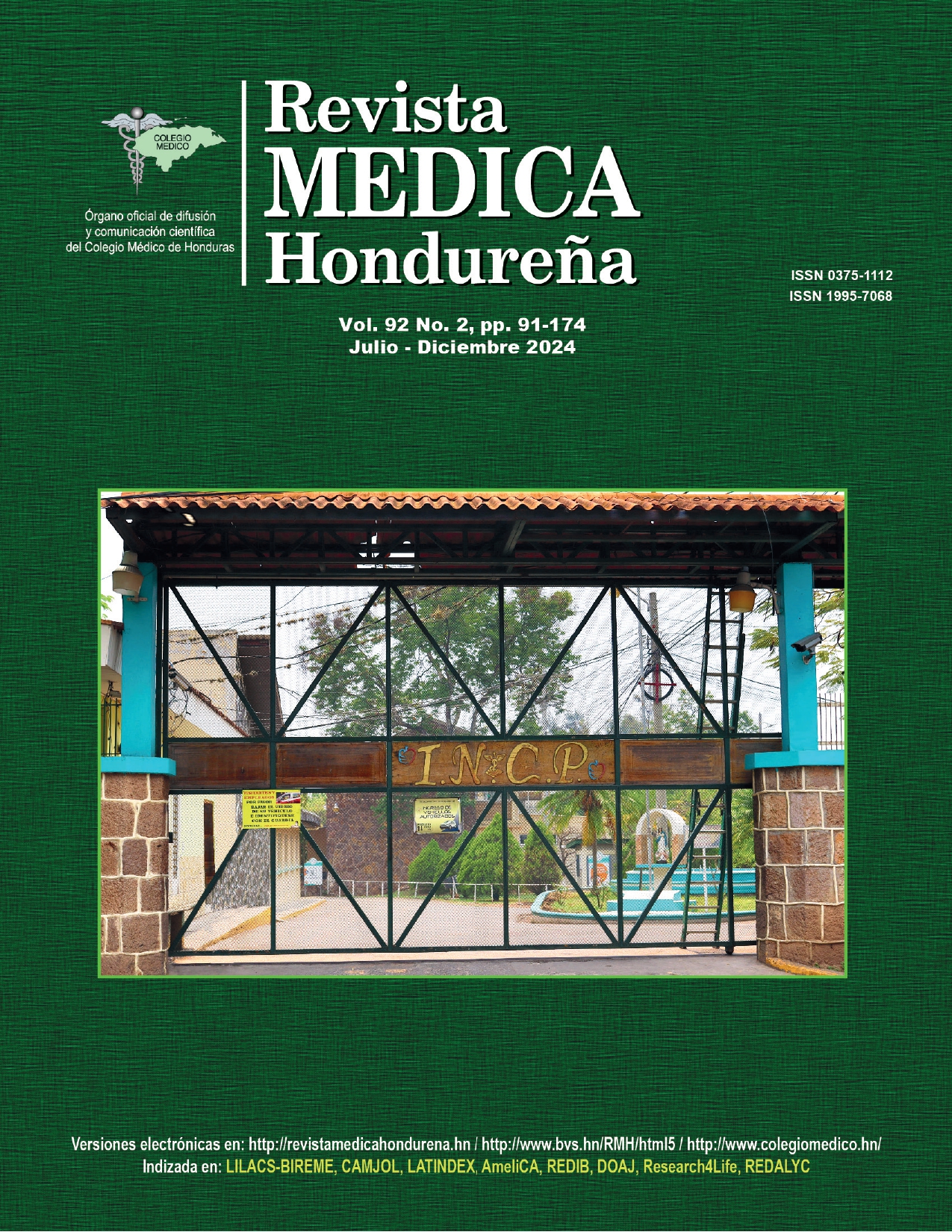Assistive technology for disabilities: the key to a fairer and more inclusive society
DOI:
https://doi.org/10.5377/rmh.v92i2.19485Keywords:
Disability, Equipment and Supplies, Self-Help DevicesAbstract
Assistive Technology is an umbrella term that encompasses technical aids, systems and services related to its provision. Assistive technology supports maintain or improve a person‘s functioning and independence. In low- and middleincome countries, between 5% and 15% of people who need AT have access, due to economic barriers, lack of infrastructure and shortage of specialised services. Assistive technology represents a unique opportunity to improve the quality of life of people with disabilities. In the Latin American region it is not a priority, despite being a signatory of treaties, international conventions and national laws that advocate for the rights of persons with disabilities. It is essential to strengthen and create public policies, invest in infrastructure and training, promote research and the development of local solutions to meet the specific needs of people with disabilities who require assistive technology services.
Downloads
293
Downloads
Published
How to Cite
Issue
Section
License
Copyright (c) 2024 Autores

This work is licensed under a Creative Commons Attribution 4.0 International License.




